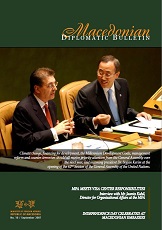
We kindly inform you that, as long as the subject affiliation of our 300.000+ articles is in progress, you might get unsufficient or no results on your third level or second level search. In this case, please broaden your search criteria.

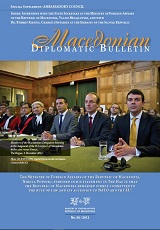
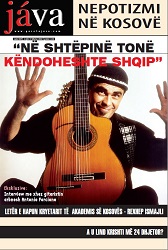
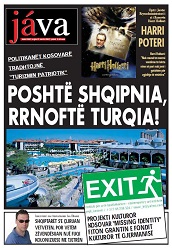
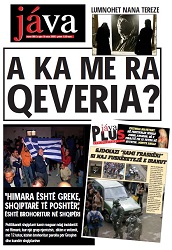
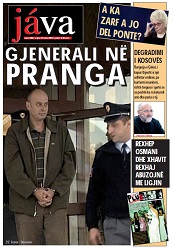
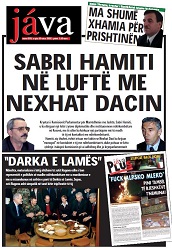
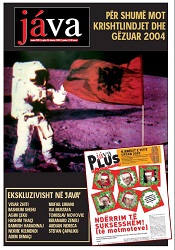
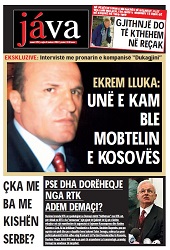
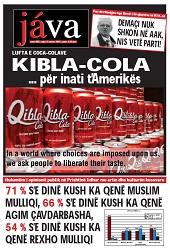
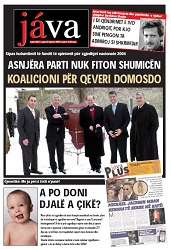
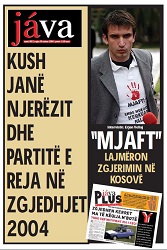
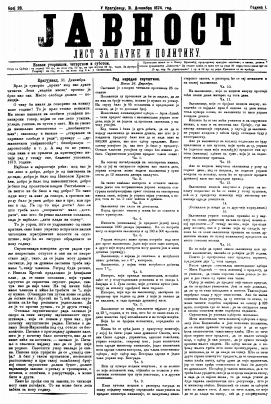
Рад народне скупштине; Најновије; ДОПИСИ; ОГЛАСИ; Акционарима крагујев. друшт. штампарије; Новим уписницима;
More...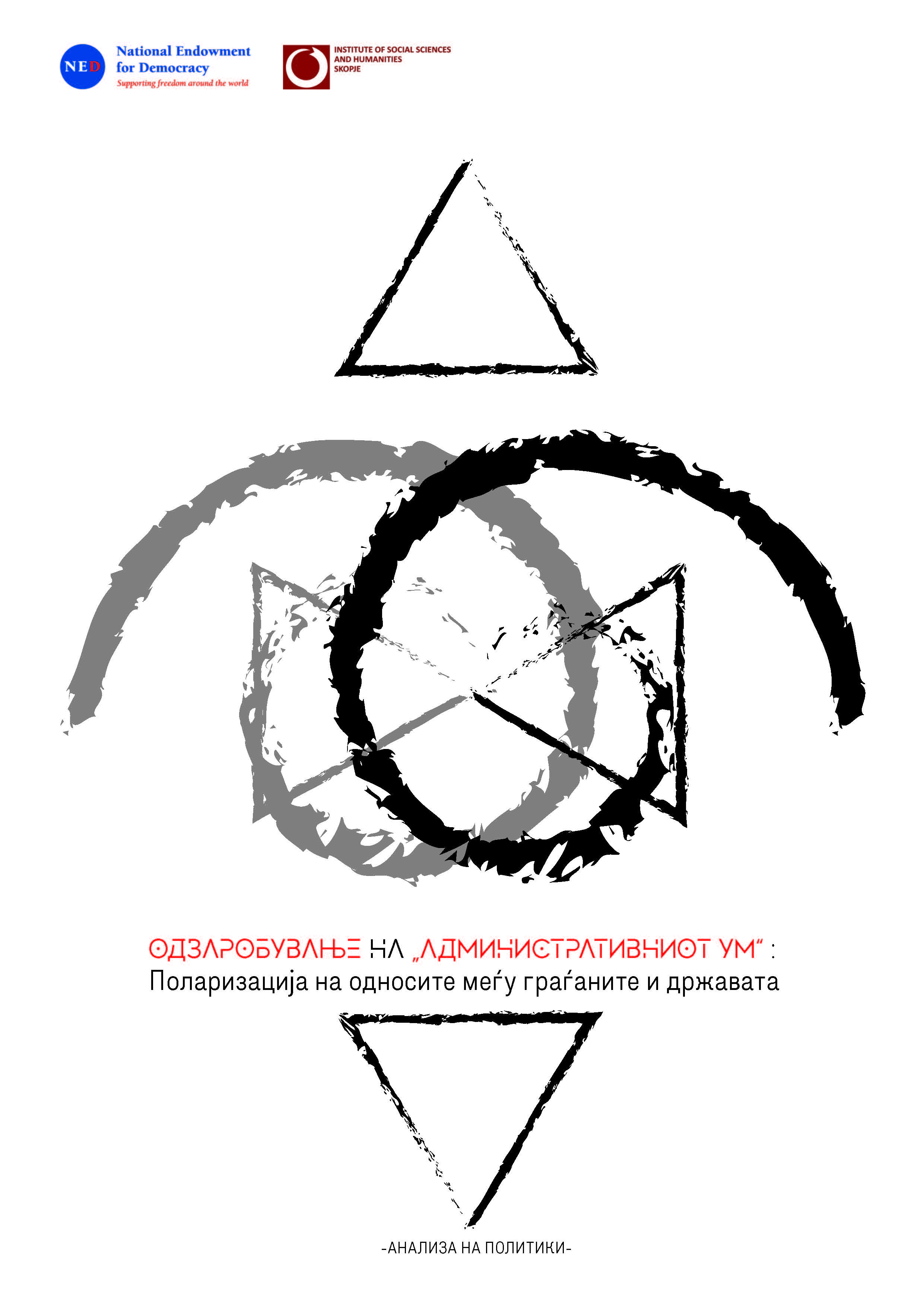

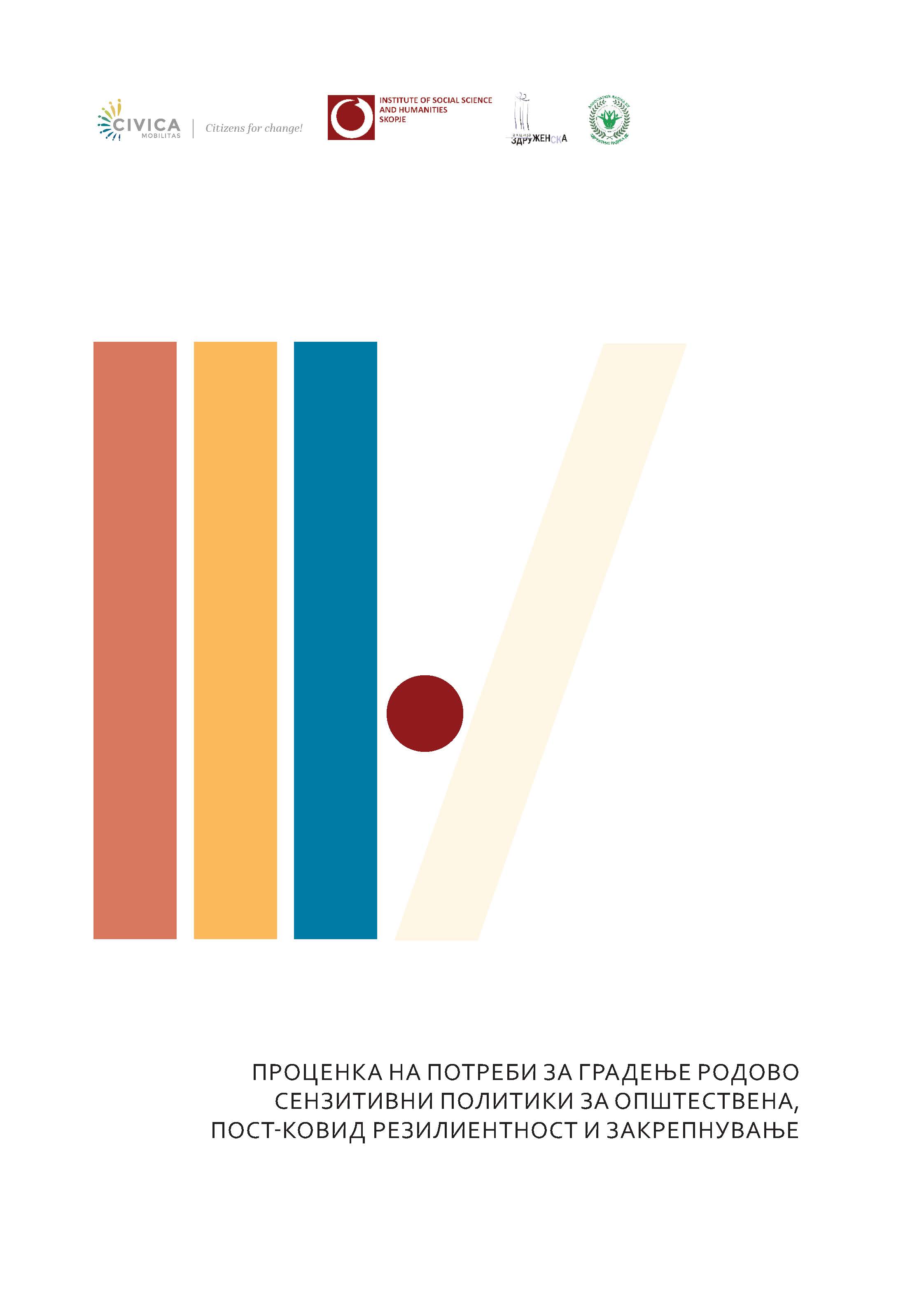

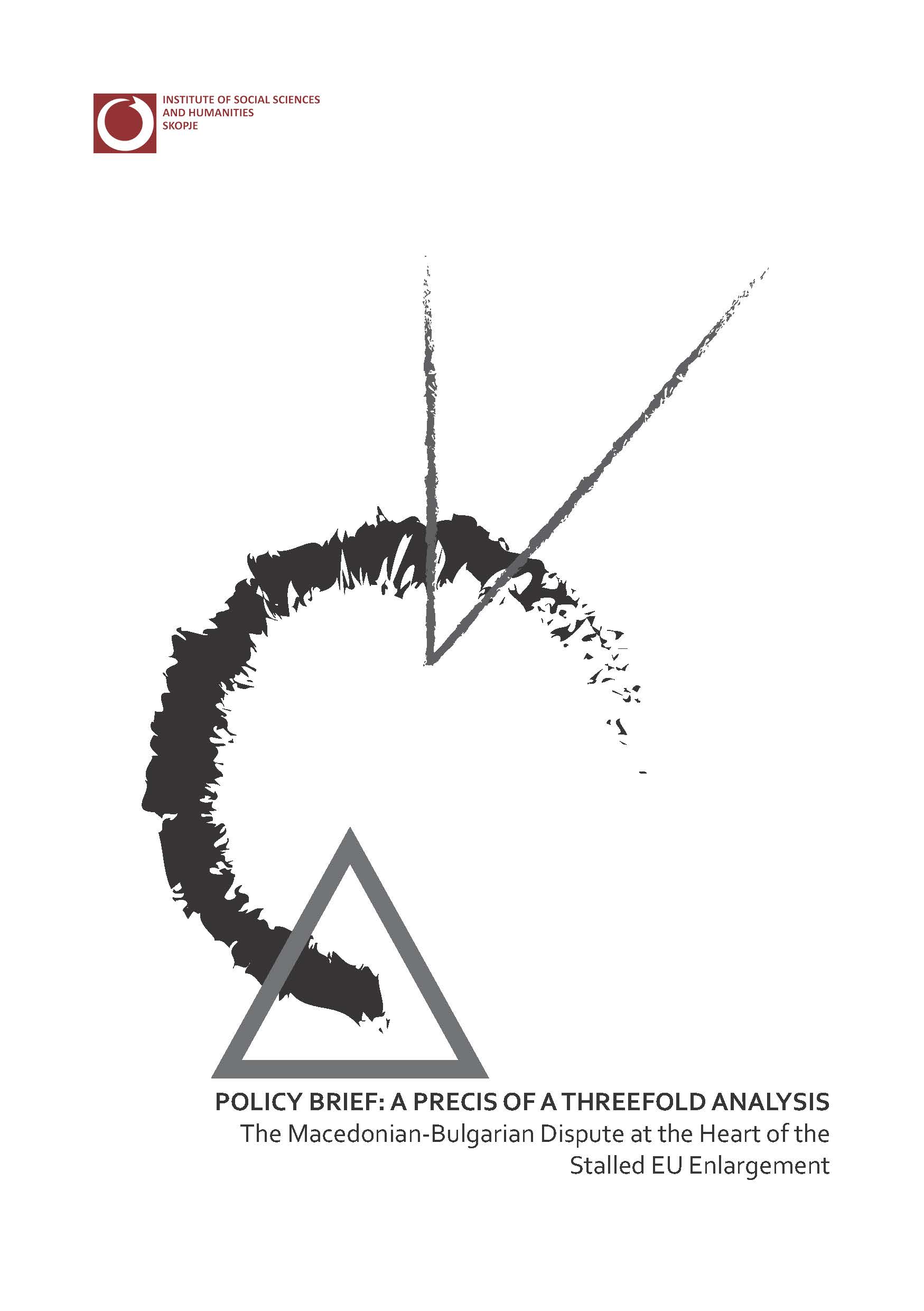
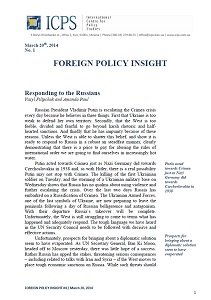
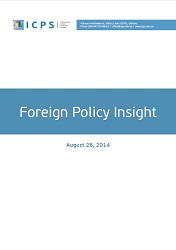
Foreign Policy Strategies and Decisions // Ukrainian President’s first North America Tour // Minsk agreements — II. Reaching a dead-end road? // European policy // «Parade» of referendums on independence in Europe // Russian influence in Central Asia // Energy Diplomacy // Decrease in financial stability of «Gazprom» // Economic Diplomacy // EU will control Ukrainian dairy products quality // Russia continues to blackmail Ukraine
More...